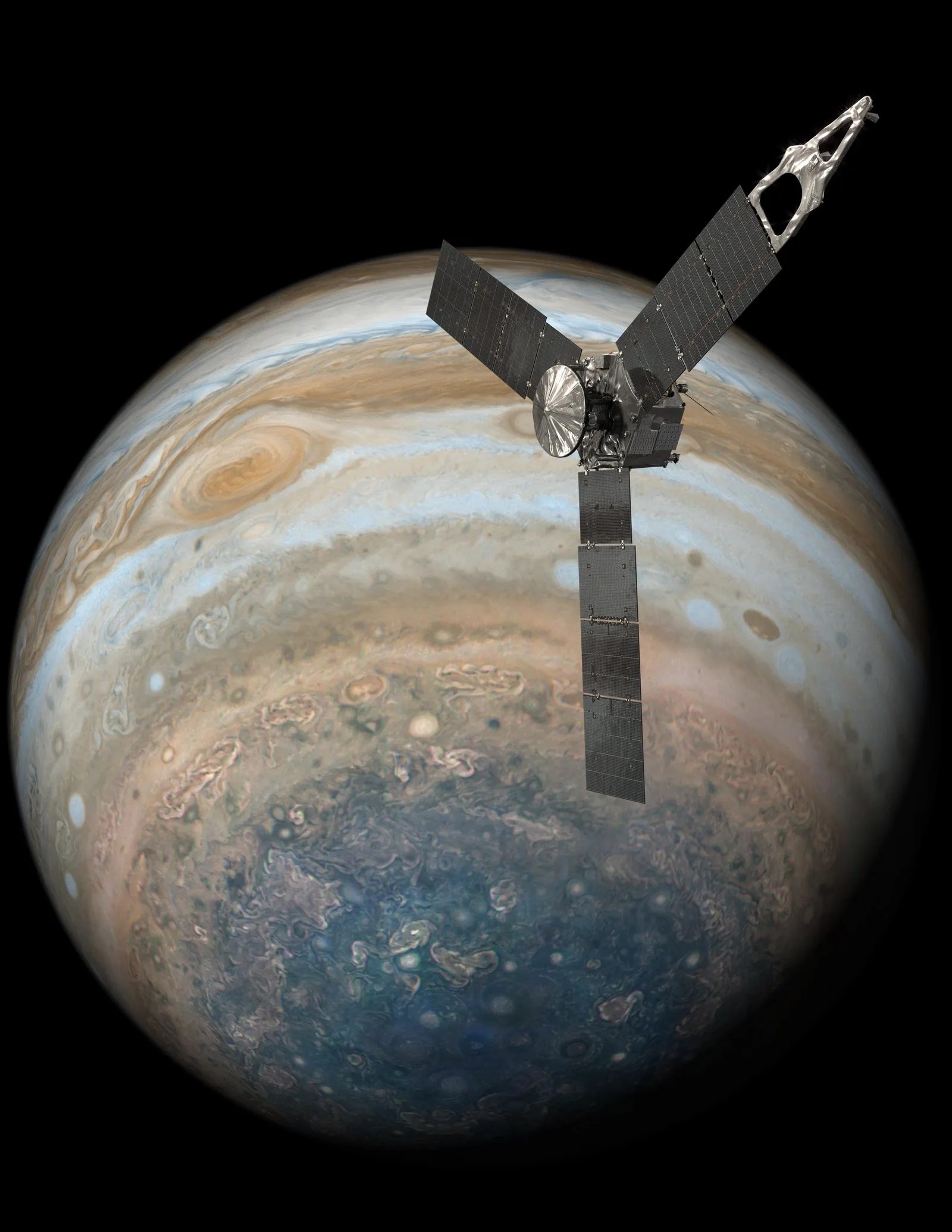2 min read
Using the slitless grism on Hubble Space Telescope's Wide Field Camera 3 to probe the distant universe, astronomers have found supermassive black holes growing in surprisingly small galaxies. The findings suggest that central black holes formed at an earlier stage in galaxy evolution. This study is part of the Cosmic Assembly Near-infrared Deep Extragalactic Legacy Survey (CANDELS) and will be published in the Astrophysical Journal.
This is a montage of four small, young galaxies taken from a Hubble Space Telescope Wide Field Camera 3 slitless grism sample of 28 low-mass galaxies located 10 billion light-years away in the Hubble Ultra Deep Field region of the Cosmic Assembly Near-infrared Deep Extragalactic Legacy Survey (CANDELS). (Credit: NASA; ESA; A. Koekemoer, STScI; J. Trump and S. Faber, University of California, Santa Cruz; and the CANDELS Team)
These color images were generated from exposures in six different Hubble filters and provide detailed information about the different wavelengths of light coming from the galaxies. Astronomers say this new study gives them a view of galaxies as they appeared when the universe was less than a quarter of its current age and shows that central black holes formed at an early stage in galaxy evolution.
The authors of this study to be published in the Astrophysical Journal are Jonathan Trump, Dale Kocevski, Elizabeth McGrath, David Koo, Sandra Faber, Mark Mozena, and Hassen Yesuf (University of California, Santa Cruz); Benjamin Weiner and Stephanie Juneau (Steward Observatory); Claudia Scarlata (University of Minnesota); Eric Bell (University of Michigan); Elise Laird and Cyprian Rangel (Imperial College of London); Renbin Yan (New York University); Hakim Atek and Harry Teplitz (Spitzer Science Center, Caltech); Mark Dickinson and Jeyhan Kartaltepe (National Optical Astronomical Observatories); Jennifer Donley, Henry Ferguson, Norman Grogin, and Anton Koekemoer (Space Telescope Science Institute); James Dunlop (University of Edinburgh); Steven Finkelstein (Texas A&M University); Nimish Hathi (Carnegie Observatories); Kirpal Nandra (Max Planck Institute for Extraterrestrial Physics); Jeffrey Newman (University of Pittsburgh); Steven Rodney (Johns Hopkins University); and Amber Straughn (Goddard Space Flight Center).








